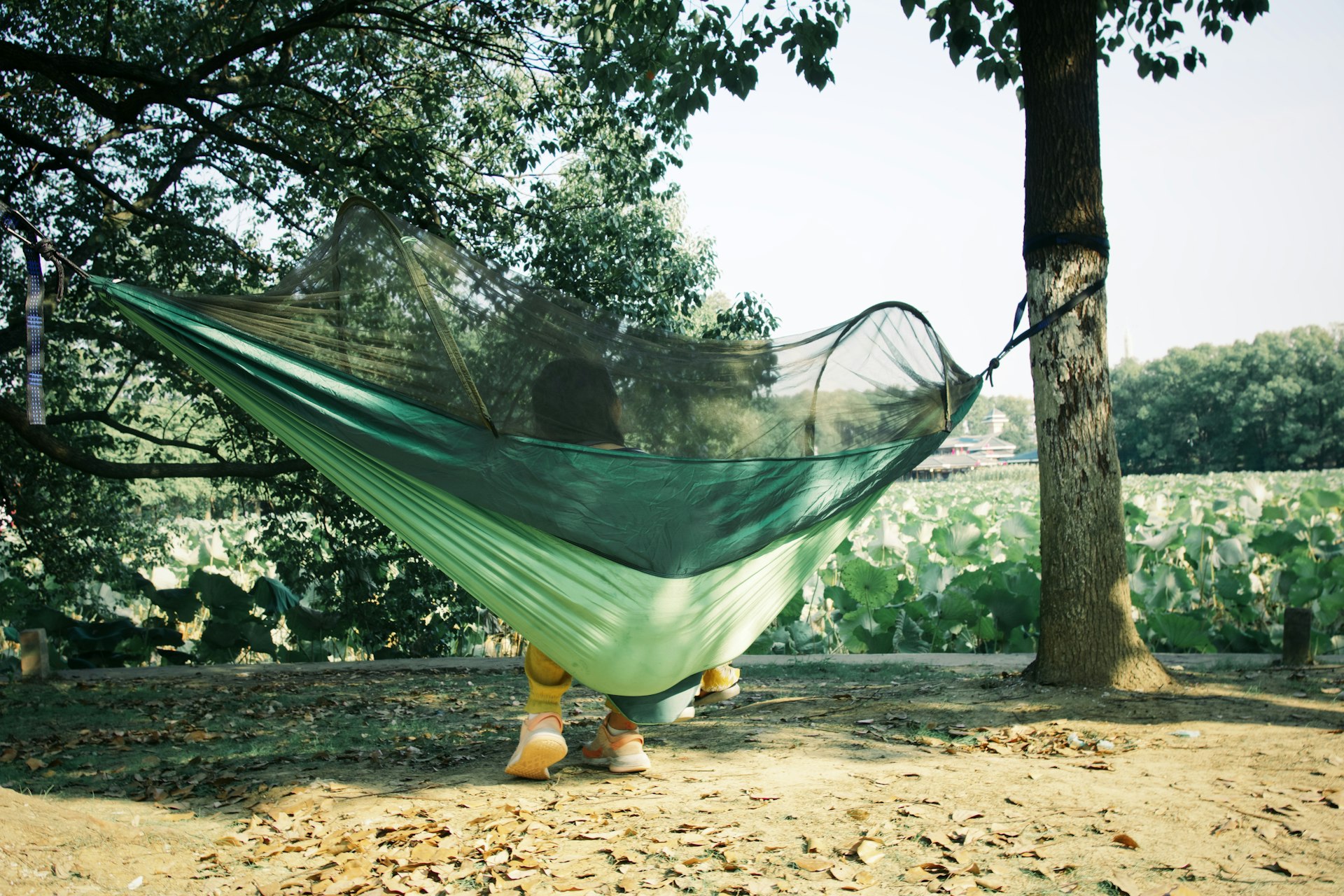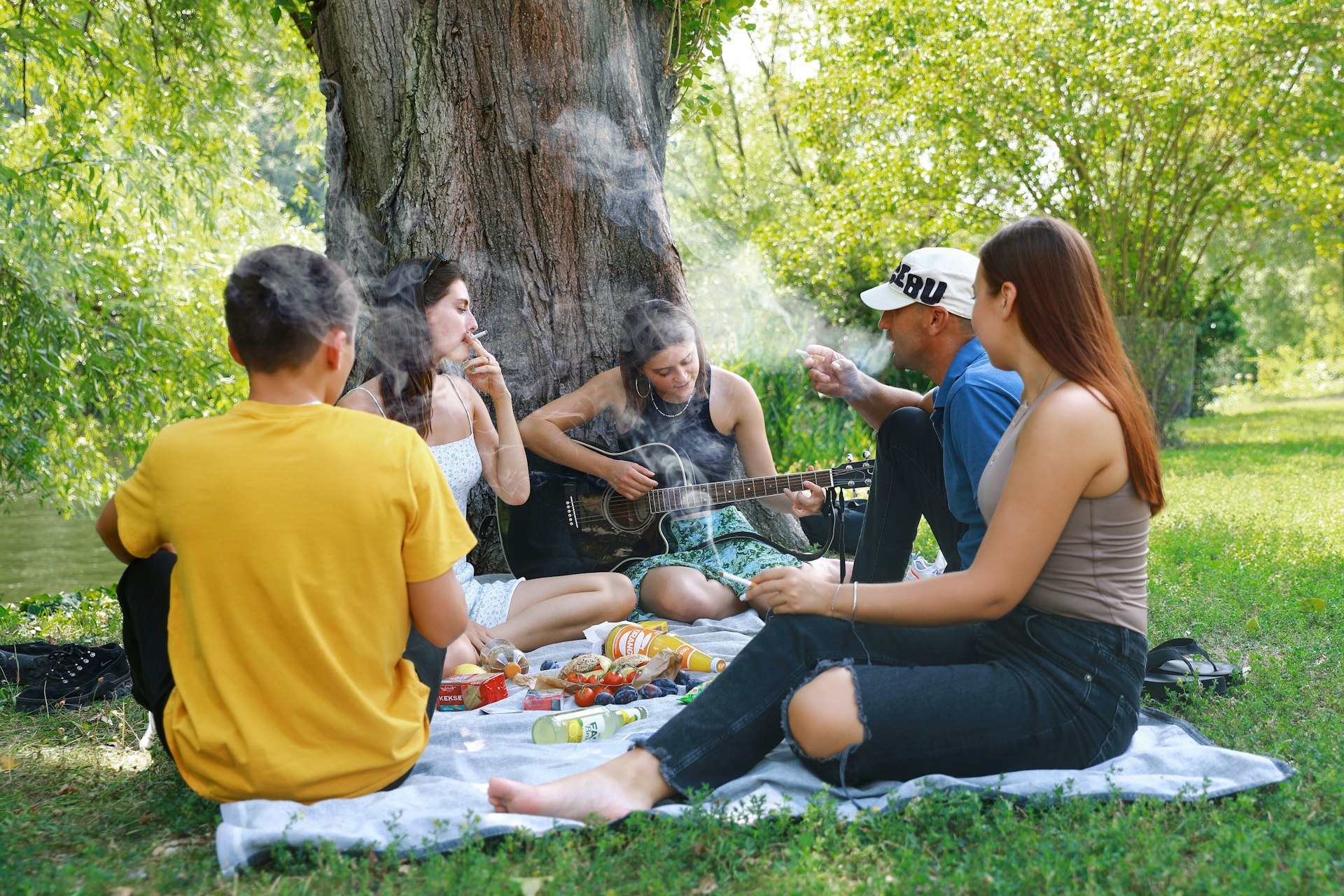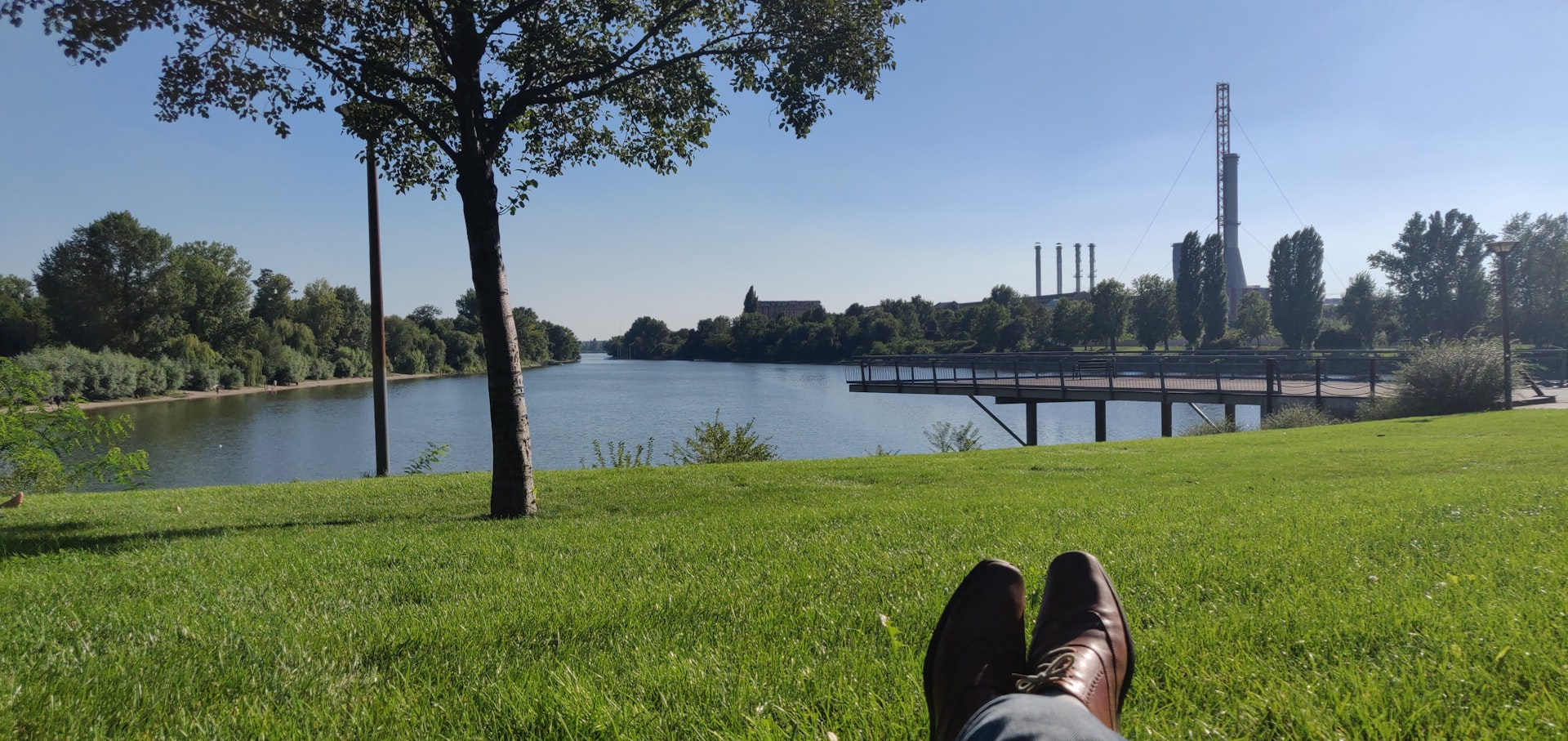Transform Your Routine: Practical Sustainable Hobbies for a Greener Lifestyle

Photo by Peter Wang on Unsplash
Introduction: Why Sustainable Hobbies Matter
Adopting sustainable hobbies is more than a trend-it’s a conscious choice to enrich your leisure time while reducing your environmental footprint. These activities are designed to nurture your well-being, promote community resilience, and protect the planet. Whether you’re looking to develop new skills, reconnect with nature, or simply enjoy mindful pastimes, sustainable hobbies provide a rewarding path to a greener lifestyle. This guide explores practical ideas, detailed steps for getting started, and ways to overcome common challenges, all grounded in real-world examples and community resources.
[1]
Gardening: Growing Your Own Food and Community
Gardening is an accessible and rewarding hobby that connects you directly to the earth and your food source. Whether you have a backyard or just a sunny window, growing vegetables, herbs, or flowers can reduce your reliance on commercial produce and lower your carbon footprint. Community gardens, in particular, foster local relationships and offer shared resources. You can search online or contact local parks and recreation departments to find gardens near you. Many welcome new volunteers and provide tools, seeds, and guidance for beginners.
[1]
If no gardens exist in your area, consider rallying neighbors to establish one, which can become a valuable hub for sustainable living.
To start at home, choose native or climate-appropriate plants and use organic compost. Composting kitchen scraps not only produces nutrient-rich soil but also diverts waste from landfills. For those with limited space, container gardening or vertical gardens can be effective alternatives. Common challenges include pest management and soil quality; these can often be addressed by researching natural pest deterrents and working with local cooperative extensions for soil testing and advice.
Composting: Turning Waste into Value
Composting is a simple yet impactful way to reduce landfill waste and enrich your garden. The process involves collecting food scraps and organic waste, which decompose to create fertile soil. Options range from backyard compost piles to compact indoor bins suitable for apartments. Vermicomposting, which uses worms to break down waste, is particularly odor-free and efficient for small spaces.
[1]
Begin by separating kitchen scraps, avoiding meat and dairy, and regularly turning your compost to aerate it. Many communities offer workshops or resources through local environmental organizations or municipal waste departments. If you face issues like unpleasant smells, ensure your compost has the right balance of greens (food scraps) and browns (dry leaves, cardboard). Over time, you’ll produce rich soil to feed your plants, closing the loop on household waste.
Biking and Bike Repair: Sustainable Mobility
Cycling is a low-emission, health-boosting alternative to driving. Embracing biking as a hobby-whether for commuting, recreation, or exercise-significantly reduces your carbon footprint. Many cities now support cycling through dedicated lanes and community bike repair co-ops. These co-ops provide shared tools, space, and often free workshops on basic maintenance, making it easier and more affordable to keep your bike in top shape.
[1]

Photo by Hiboy on Unsplash
To get started, locate a local bike co-op or search for cycling advocacy groups in your area. If you’re new to bike repair, begin with simple tasks like fixing a flat tire or adjusting brakes. Challenges such as lack of confidence or mechanical skill can be overcome through co-op classes or online tutorials. Joining group rides is a fun way to meet like-minded people and discover new routes.
Upcycling and DIY Projects: Creative Reuse
Upcycling transforms discarded materials into useful or beautiful objects, reducing waste and inspiring creativity. Popular projects include refurbishing furniture, sewing clothes from old fabric, and crafting home décor from reclaimed wood or glass.
[2]
Start by identifying items in your home that can be repaired or repurposed. Many local workshops and maker spaces offer tools and guidance for beginners. Online communities and video tutorials provide step-by-step instructions for a wide range of projects.
Potential challenges include sourcing quality materials and acquiring new skills. Thrift stores and tool libraries are excellent places to find inexpensive supplies and borrow equipment. If you lack experience, start with simple projects such as turning old jars into storage containers or mending torn clothing. Over time, you’ll gain confidence and expand your repertoire, making your home more unique and sustainable.
Volunteering and Community Engagement
Many sustainable hobbies thrive on community involvement. Volunteering for trail restoration, local cleanups, or environmental education helps protect natural spaces and supports eco-friendly infrastructure.
[1]
You can find opportunities through local parks, land trusts, or environmental organizations. Many offer regular volunteer days and welcome participants of all skill levels.
Eco-event organizing is another way to make a difference. Plan clothing swaps, litter cleanups, or zero-waste picnics to bring neighbors together and promote sustainability. While organizing events may seem daunting, start small and focus on reusables, local vendors, and accessible venues. Building a network of passionate individuals will make future events easier and more impactful.
Repairing and Traditional Skills
Repairing household items, from electronics to clothing, extends their lifespan and reduces the demand for new products. Learning these skills can be as simple as watching online tutorials or joining local repair cafes, where volunteers teach basic repair techniques.
[4]
Common challenges like lack of tools or knowledge can often be overcome at these community events, or by joining local tool libraries.
Traditional skills such as soap making, canning, and preserving food offer additional ways to live sustainably. These activities often reduce packaging waste and support local agriculture. Many cooperative extensions, community centers, and online platforms offer classes to help you get started.
Nature-Based Hobbies: Birdwatching, Plogging, and Beyond
Birdwatching is a peaceful way to connect with local wildlife and learn about native ecosystems. All you need is a pair of binoculars and a field guide-many public libraries have birding resources available.
[1]
Plogging, a Swedish-origin activity, combines jogging with picking up litter, providing both fitness and community benefit.
[3]
To start plogging, simply bring a bag on your next walk or run, and pick up trash along the route. Organize group plogging sessions or join local environmental groups to expand your impact.
These nature-based hobbies not only enhance your physical and mental health but also foster a sense of stewardship for your local environment. If you’re unsure where to start, many local parks, nature centers, and online forums offer events and resources for beginners.
Accessing Resources and Getting Involved
Many sustainable hobbies are supported by community resources, such as tool libraries, cooperative extensions, and environmental organizations. To find these in your area, search for “community garden,” “tool library,” “repair café,” or “bike co-op” along with your city or region. Public libraries are also excellent hubs for sustainable hobby information, offering books, workshops, and sometimes even tool lending programs.
If you encounter barriers such as lack of space, tools, or knowledge, consider reaching out to local organizations for support. Many offer sliding-scale fees, volunteer opportunities, or mentorship programs to help you get started. For more specialized hobbies, such as beekeeping or soap making, look for local clubs or extension programs that offer classes and equipment loans.
Conclusion: Building a Sustainable Lifestyle One Hobby at a Time
Integrating sustainable hobbies into your routine is a practical and rewarding way to reduce your environmental impact, develop valuable skills, and foster community connections. By starting with accessible, locally-supported activities and gradually expanding your involvement, you’ll create lasting change for yourself and the world around you. Remember, every small action counts, and a more sustainable lifestyle is built one mindful hobby at a time.
References
MORE FROM dealdetectivepro.com













